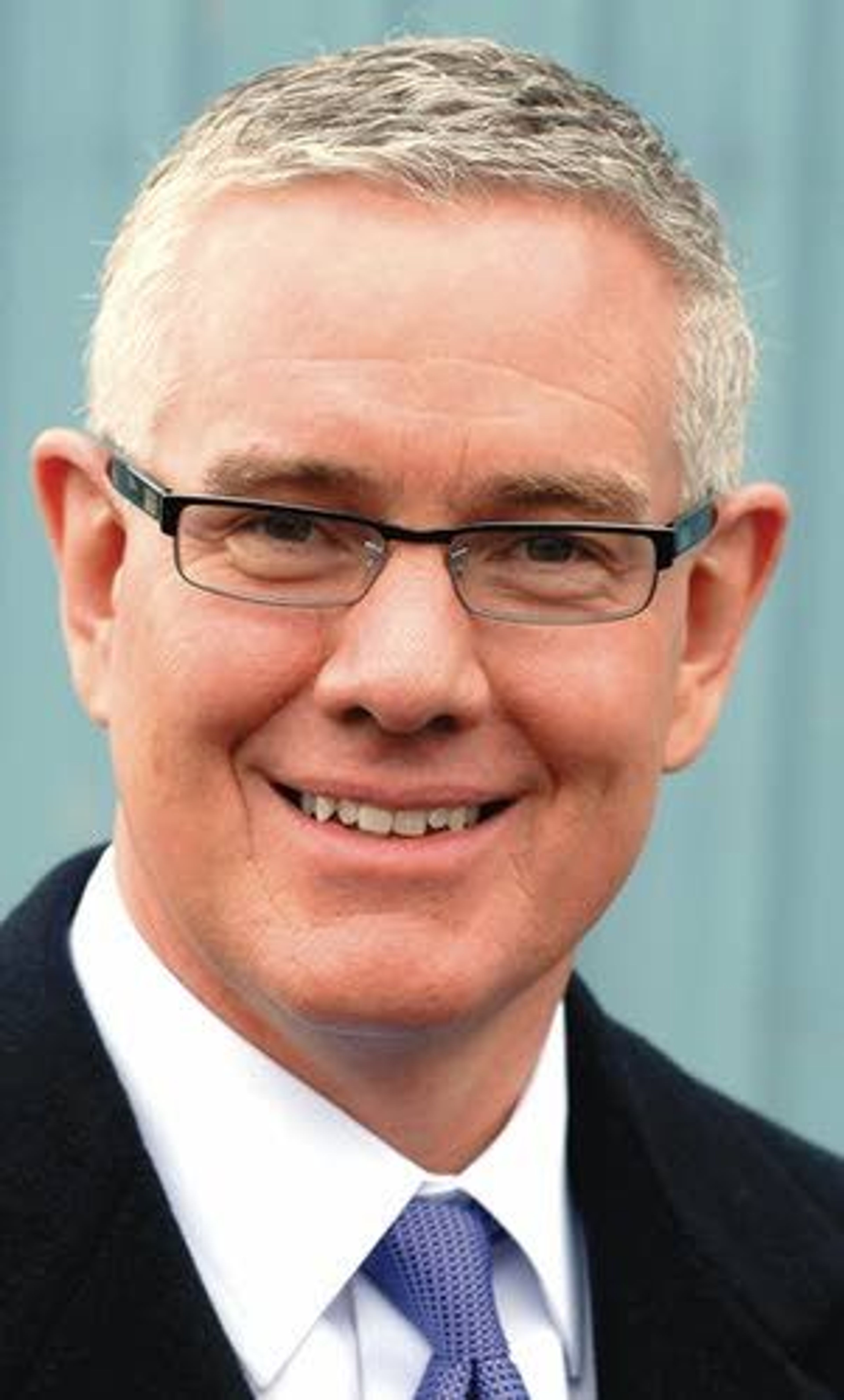Idaho can protect environment and do nuclear research
Turnabout Jeff Sayer
Those following the nuclear discussion in Idaho know we face an important decision in less than 30 days. The discussion is complex, challenging and interlaced with emotion scarred by tough historical, political battles.
Marty Trillhaase recently offered his perspectives and I couldn't help but respond.
The diverse voices who disagree on this issue drive an important dialogue we must work through to find the right answer.
Attorney General Lawrence Wasden, for example, is a good man and the final signature required for the waiver. He is honorably fulfilling his role to the state by withholding his signature. His job is to legally protect the state and uphold the 1995 settlement agreement.
Gov. C.L. "Butch" Otter shares those same responsibilities but must also drive our economy forward and protect our major employers. All are equal, imperative responsibilities we must resolve.
We all share another obligation - to protect our environment. Many don't realize the proposed 25 rods of research fuel are filled with small pellets of uranium metal, each about the size of a pencil eraser. When the 25 rods are dismantled and all the containment material safely disposed of, we will be left with small metal pellets that, together, can't fill two, gallon milk jugs.
Those pellets will never see the light of day. They will be handled by the nation's leading experts and will be stored behind 4-feet concrete walls. This is what the people of the Idaho National Laboratory do and they are good at it.
Using their experts and world-class facilities, those pellets will not be a risk to our environment.
The point that can't be overstated: This research is critical to Idaho.
This research is anticipated to bring about $100 million to Idaho during the next five years. That is clearly a win, but the most important issue at stake is our leadership role in nuclear energy. The research comes at a time when other national labs enviously watch our lead position. The competition between national labs is real and right now we are in the lead.
Why would we as a state want to risk that lead and jeopardize our fifth largest employer?
But many say the U.S. Department of Energy missed an important deadline. We need to hold an unequivocal stance.
They did miss a deadline but nobody was surprised when they missed it. The missed deadline involves constructing a complex $700 million processing facility that has never been built before. It uses new technology that needs to be carefully tested before it processes radioactive material.
Suffice it to say, it is a project we have one shot at getting right. DOE is working carefully to meet its obligations. And it has a clear path forward.
Bottom line: The smartest thing we can do for our environment is not rush the DOE's efforts.
Holding the research opportunity hostage will not speed up the engineering solutions that are needed.
Instead, penalizing the lab's research mission damages the lab's national credibility, jeopardizes its ability to attract top scientific talent and, more importantly, jeopardizes its ability to secure future research funding. Funding that has to come from limited federal funds already stretched between universities and other national labs.
This is not a threat. It is simple reality that we hope Idaho citizens and leaders will consider.
There is a solution in this debate. And, as U.S. Sen. Jim Risch, R-Idaho, has said: "This can be done."
When the attorney general and I meet, I will have one question to ask: How can I help find a solution?
We owe that to the decades of battles fought for the INL. We owe it to the families of eastern Idaho who depend on those jobs. And we owe our support to an important employer and partner for our future.
This can be done.
---
Sayer is director of the Idaho Department of Commerce. His email address is Jeffery.Sayer@commerce.idaho.gov.

